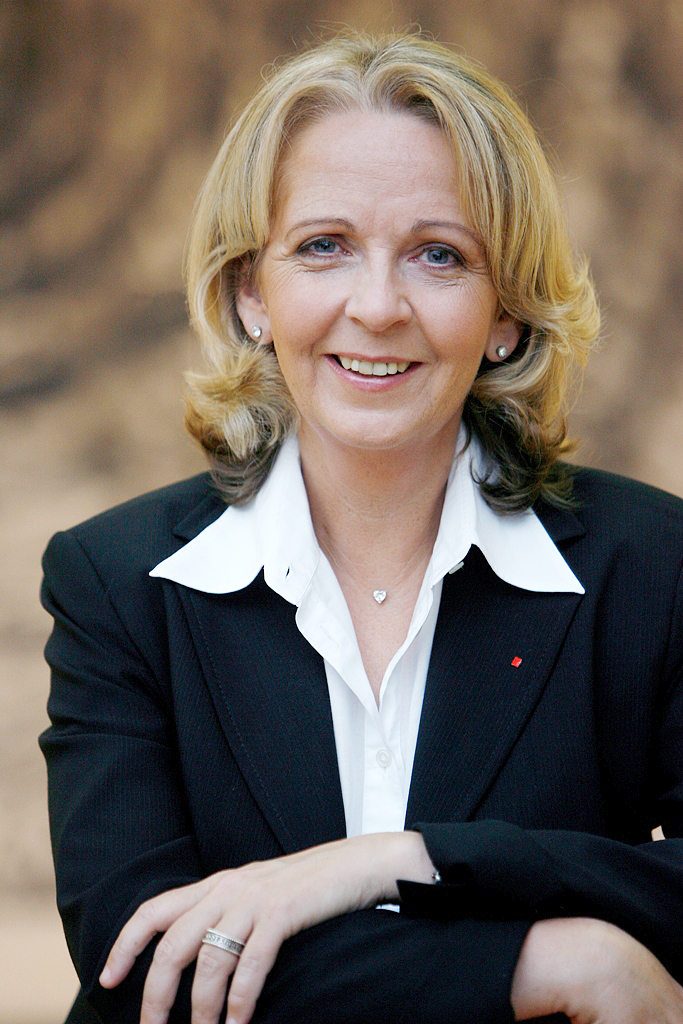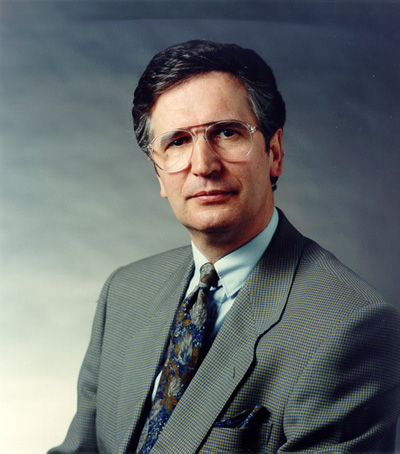|
Traffic Light Coalition
In German politics, a traffic light coalition () is a coalition government of the Social Democratic Party (SPD), the Free Democratic Party (FDP) and Alliance 90/The Greens. It is named after the parties' traditional colours, respectively red, yellow, and green, matching the colour sequence of a traffic light (''Ampel''). So far, the only instance of a traffic light coalition on a federal level in Germany has been in Olaf Scholz' cabinet between 2021 and its collapse over disagreements in November 2024. The term is also used for similar coalitions between social democrats, liberals and greens in other countries. History At a state level, early traffic light coalitions occurred in Brandenburg between 1990 and 1994 and in Bremen between 1991 and 1995. Negotiations to form such a coalition following the 2001 Berlin state election were not successful; likewise, preliminary talks after the 2010 North Rhine-Westphalia state election led to no result. A traffic light coalition w ... [...More Info...] [...Related Items...] OR: [Wikipedia] [Google] [Baidu] |
1990 Brandenburg State Election
The 1990 Brandenburg state election was held on 14 October 1990 to elect the members of the first Landtag of Brandenburg. It was the first election held in Brandenburg since the reunification of Germany, which took place on 3 October. The Social Democratic Party (SPD) led by Manfred Stolpe emerged as the largest party with 38.2% of the vote, followed by the Christian Democratic Union (CDU) with 29.6%. The SPD subsequently formed Germany's first traffic light coalition with the Free Democratic Party (FDP) and Alliance 90, and Stolpe became Brandenburg's first post-reunification Minister-President. Parties The table below lists parties which won seats in the election. Election result , - ! colspan="2" , Party ! Votes ! % ! Seats ! Seats % , - , bgcolor=, , align=left , Social Democratic Party (SPD) , align= 487,134 , align= 38.2 , align= 36 , align= 40.9 , - , bgcolor=, , align=left , Christian Democratic Union (CDU) , align= 374,572 , align= 29.4 , align= ... [...More Info...] [...Related Items...] OR: [Wikipedia] [Google] [Baidu] |
Cultural Liberalism
Cultural liberalism is a social philosophy which expresses the social dimension of liberalism and advocates the freedom of individuals to choose whether to conform to cultural norms. In the words of Henry David Thoreau, it is often expressed as the right to "march to the beat of a different drummer". Also known as ''social liberalism'' in the United States and Canada, '' cultural progressivism'' is used in a substantially similar context, although it does not mean exactly the same thing as ''cultural liberalism''. The United States refers to cultural liberalism as ''social liberalism;'' however, it is not the same as the broader political ideology known as social liberalism. In the United States, ''social liberalism'' describes progressive moral and social values or stances on socio-cultural issues such as abortion and same-sex marriage as opposed to ''social conservatism''. A ''social conservative'' or a ''social liberal'' in this sense may hold either more conservative or ... [...More Info...] [...Related Items...] OR: [Wikipedia] [Google] [Baidu] |
Bundestag
The Bundestag (, "Federal Diet (assembly), Diet") is the lower house of the Germany, German Federalism in Germany, federal parliament. It is the only constitutional body of the federation directly elected by the German people. The Bundestag was established by Title III of the Basic Law for the Federal Republic of Germany () in 1949 as one of the legislative bodies of Germany, the other being the German Bundesrat, Bundesrat. It is thus the historical successor to the earlier Reichstag (Weimar Republic), Reichstag. The members of the Bundestag are representatives of the German people as a whole, are not bound by any orders or instructions and are only accountable to their conscience. As of the current 21st Bundestag, 21st legislative period, the Bundestag has a fixed number of 630 members. The Bundestag is elected every four years by German citizens aged 18 and older. Elections use a mixed-member proportional representation system which combines First-past-the-post voting for co ... [...More Info...] [...Related Items...] OR: [Wikipedia] [Google] [Baidu] |
Social-liberal Coalition
Social liberalism is a political philosophy and variety of liberalism that endorses social justice, social services, a mixed economy, and the expansion of civil and political rights, as opposed to classical liberalism which favors limited government and an overall more ''laissez-faire'' style of governance. While both are committed to personal freedoms, social liberalism places greater emphasis on the role of government in addressing social inequalities and ensuring public welfare Social liberal governments address economic and social issues such as poverty, welfare, infrastructure, healthcare, and education using government intervention, while emphasising individual rights and autonomy. Economically, social liberalism is based on the social market economy and views the common good as harmonious with the individual's freedom. Social liberals overlap with social democrats in accepting market intervention more than other liberals; its importance is considered auxiliary compa ... [...More Info...] [...Related Items...] OR: [Wikipedia] [Google] [Baidu] |
Red–green Alliance
In politics, a red–green alliance or red–green coalition is an alliance of "red" (often social-democratic or democratic socialist) parties with "green" (often green and/or occasionally agrarian) parties. The alliance is often based on common left political views, especially a shared distrust of corporate or capitalist institutions. While the "red" social-democratic parties tend to focus on the effects of capitalism on the working class, the "green" environmentalist parties tend to focus on the environmental effects of capitalism. Red–green coalition governments There have been a number of red–green governments in Europe since the 1990s. * In Germany, a red–green coalition of the Social Democratic Party of Germany (SPD) and Alliance '90/The Greens led by Chancellor Gerhard Schröder formed the federal government from September 1998 to September 2005. This coalition, later headed by Olaf Scholz, governs Germany as a minority since November 2024 after the former traf ... [...More Info...] [...Related Items...] OR: [Wikipedia] [Google] [Baidu] |
2021 Rhineland-Palatinate State Election
The 2021 Rhineland-Palatinate state election was held on 14 March 2021 to elect the 18th Landtag of Rhineland-Palatinate. The outgoing government was a "traffic light coalition" of the Social Democratic Party (SPD), Free Democratic Party (FDP), and The Greens led by Minister-President Malu Dreyer. The SPD won an unexpectedly clear plurality of 35.7% of votes cast, less than one percentage point lower than their 2016 result. The opposition Christian Democratic Union (CDU) finished on 27.7%, a decline of four percentage points, its worst result in the state to date. The Greens moved from fifth to third place with 9.3%. Alternative for Germany (AfD) saw the worst losses of any party, falling to 8.3%. The Free Democratic Party recorded a small decline to 5.5% but retained their seats. The Free Voters (FW) entered the Landtag for the first time with 5.4%, marking their third appearance in a state parliament overall, following Bavaria and Brandenburg. Overall, the incumbent governme ... [...More Info...] [...Related Items...] OR: [Wikipedia] [Google] [Baidu] |
2016 Rhineland-Palatinate State Election
The 2016 Rhineland-Palatinate state election was held on 13 March 2016 to elect the members of the Landtag of Rhineland-Palatinate. It was held on the same day as the 2016 Baden-Württemberg state election, Baden-Württemberg state election and 2016 Saxony-Anhalt state election, Saxony-Anhalt state election. The incumbent coalition government of the Social Democratic Party of Germany, Social Democratic Party (SPD) and Alliance 90/The Greens, The Greens led by List of Ministers-President of Rhineland-Palatinate, Minister-President Malu Dreyer was defeated. The SPD remained the largest party, and formed a "traffic light coalition" with the Free Democratic Party (Germany), Free Democratic Party (FDP) and The Greens. Dreyer was subsequently re-elected as Minister-President. Parties The table below lists parties represented in the previous Landtag of Rhineland-Palatinate. Opinion polling Results 2011 Rhineland-Palatinate state election, < 2011 2021 Rhinela ... [...More Info...] [...Related Items...] OR: [Wikipedia] [Google] [Baidu] |
Rhineland-Palatinate
Rhineland-Palatinate ( , ; ; ; ) is a western state of Germany. It covers and has about 4.05 million residents. It is the ninth largest and sixth most populous of the sixteen states. Mainz is the capital and largest city. Other cities are Ludwigshafen am Rhein, Koblenz, Trier, Kaiserslautern, Worms, and Neuwied. It is bordered by North Rhine-Westphalia, Saarland, Baden-Württemberg and Hesse and by France, Luxembourg and Belgium. Rhineland-Palatinate was established in 1946 after World War II, from parts of the former states of Prussia (part of its Rhineland and Nassau provinces), Hesse ( Rhenish Hesse) and Bavaria (its former outlying Palatinate kreis or district), by the French military administration in Allied-occupied Germany. Rhineland-Palatinate became part of the Federal Republic of Germany in 1949 and shared the country's only border with the Saar Protectorate until the latter was returned to German control in 1957. Rhineland-Palatinate's natural and c ... [...More Info...] [...Related Items...] OR: [Wikipedia] [Google] [Baidu] |
2010 North Rhine-Westphalia State Election
The 2010 North Rhine-Westphalia state election was held on 9 May 2010 to elect the 15th Landtag of North Rhine-Westphalia. The outgoing government was a coalition of the Christian Democratic Union of Germany, Christian Democratic Union (CDU) and Free Democratic Party (Germany), Free Democratic Party (FDP) led by List of Ministers-President of North Rhine-Westphalia, Minister-President Jürgen Rüttgers. The election was a defeat for the incumbent government, but failed to produce a clear outcome. The CDU suffered its worst-ever result, falling over ten percentage points to just 34.6%. The opposition Social Democratic Party of Germany, Social Democratic Party (SPD) led by Hannelore Kraft also recorded a decline and finished just 0.1% behind the CDU; both parties tied on 67 seats. Alliance 90/The Greens, The Greens recorded their best result to date with 12%, while the FDP achieved a small swing to 6.7%. The newly-formed The Left (Germany), Left party won 5.6% and 11 seats. Neither t ... [...More Info...] [...Related Items...] OR: [Wikipedia] [Google] [Baidu] |
2001 Berlin State Election
The 2001 Berlin state election was held on 21 October 2001 to elect the members of the 15th Abgeordnetenhaus of Berlin. Prior to the election, List of Mayors of Berlin, Mayor Klaus Wowereit had led a minority government of the Social Democratic Party of Germany, Social Democratic Party (SPD) and Alliance 90/The Greens, The Greens since June, which had replaced a coalition between the Christian Democratic Union of Germany, Christian Democratic Union (CDU) and SPD which collapsed in June. The SPD–Green government made gains, but remained short of a majority. The SPD first sought to form a traffic light coalition with the Free Democratic Party (Germany), Free Democratic Party (FDP) and Greens, but were unsuccessful. They subsequently agreed to a government with the Party of Democratic Socialism (Germany), Party of Democratic Socialism (PDS). The Party of Democratic Socialism (Germany), Party of Democratic Socialism (PDS) support would peak in this election with 22.6%. Parties Th ... [...More Info...] [...Related Items...] OR: [Wikipedia] [Google] [Baidu] |
1995 Bremen State Election
The 1995 Bremen state election was held on 14 May 1995 to elect the members of the Bürgerschaft of Bremen, as well as the city councils of Bremen and Bremerhaven. The incumbent coalition was a traffic light coalition of the Social Democratic Party (SPD), The Greens, and the Free Democratic Party (FDP) led by Mayor Klaus Wedemeier. The coalition was defeated as the FDP lost its representation in the Bürgerschaft. The SPD narrowly remained the most popular party, though they tied with the Christian Democratic Union (CDU) in number of seats won. The major winner of the election was Labour for Bremen and Bremerhaven (AFB), a splinter from the SPD formed in January 1995 which espoused economic liberalism. The party entered the Bürgerschaft with 10.7% of votes cast and 12 seats. After the election, Mayor Wedemeier resigned. The SPD and CDU subsequently formed a grand coalition under new SPD Mayor Henning Scherf. Parties The table below lists parties represented in the previous B� ... [...More Info...] [...Related Items...] OR: [Wikipedia] [Google] [Baidu] |






